Making realistic resolutions for the New Year
New Year, new you, new resolutions – but we all know it can be hard to keep up the momentum on changes you want to make. Especially while the days are still dark, motivation can be tricky to maintain.
We’ve pulled together some of our best advice to make 2022 your most successful year yet.

1. Break big goals into smaller milestones – and celebrate them!
Whether your end goal is getting up earlier, running 5km, learning a new skill, or whatever else you can think of, you won’t be able to reach it in one go. If you only focus on the big target, you can get discouraged when progress seems slow. Depending on your goal, breaking it down might look like:
- Starting with a shorter amount of time on a task or skill, and gradually increasing it until you reach your goal – such as 5 minutes a day learning a new skill, then increasing to 10, then 20 or more
- Setting milestones that you can achieve and celebrate before your big goal – like running 1km then 2.5km, then hitting 5km
- Learning a variety of skills that will combine to help you achieve your end goal – if you want to make a short documentary, you need to learn how to use a camera, how to work with audio, how to edit, and many more skills first
2. Get an accountability partner
It can be easy to give up on your resolutions if you don’t have support. Ask a friend, family member, or someone else in your DofE group if you can work together to keep each other accountable on your goals. The kind of support you can give each other could be:
- Checking in regularly to see if you’ve been keeping up with your resolutions
- Helping you break down your big goal into smaller ones Finding solutions if you’ve hit a road block or can’t seem to focus on your goals
- Celebrating achievements big and small with you
3. Make your goals SMART
We’re big fans of SMART goals at the DofE. The acronym helps you make your goals something you can actually achieve rather than a big concept that is hard to accomplish. It stands for:
- SPECIFIC – make your resolutions specific rather than vague. Instead of just ‘I want to do better at school’ or ‘I want to get fit’, make the goal something super specific such as ‘I want to do my homework on time and revise regularly’ or ‘I want to be able to swim for 20 minutes without getting out of breath
- MEASURABLE – you’ve got to be able to tell when you’ve reached your goal! Your resolution should be something you can measure – like cooking a certain number of meals, doing a set amount of revision every week, or walking a particular number of steps every day.
- ACTIONABLE – if your goal is something outside of your control, you won’t be able to achieve it. Having a goal like “stop climate change” is much too big for one person and can’t be actioned. However, a goal like “campaign to my local councillors about environmental issues” is something you can action and achieve.
- REALISTIC – you’ve got to be able to manage your goal, so make it realistic. If you want to learn a new language in 2 months, you’re probably setting yourself up to fail. But being able to hold a conversation in a new language in 2 months is much more realistic.
- TIME-BOUND – give yourself a deadline to achieve your goal. If your goal is related to one of your DofE activities, this is perfect as you have a certain number of months set for each section. If it’s a goal for something else, set your own (realistic) deadline to motivate and challenge yourself.
4. Make it part of your DofE
You’re already signed up to do your DofE, so you have a Leader and support around you to achieve your Award. If you can make your goals part of your DofE, you’re setting yourself up for success. Do any of your resolutions fit the Volunteering, Physical or Skills section?
Remember to track what you’re doing on eDofE as you go along so you don’t have to try and remember everything at the end!




